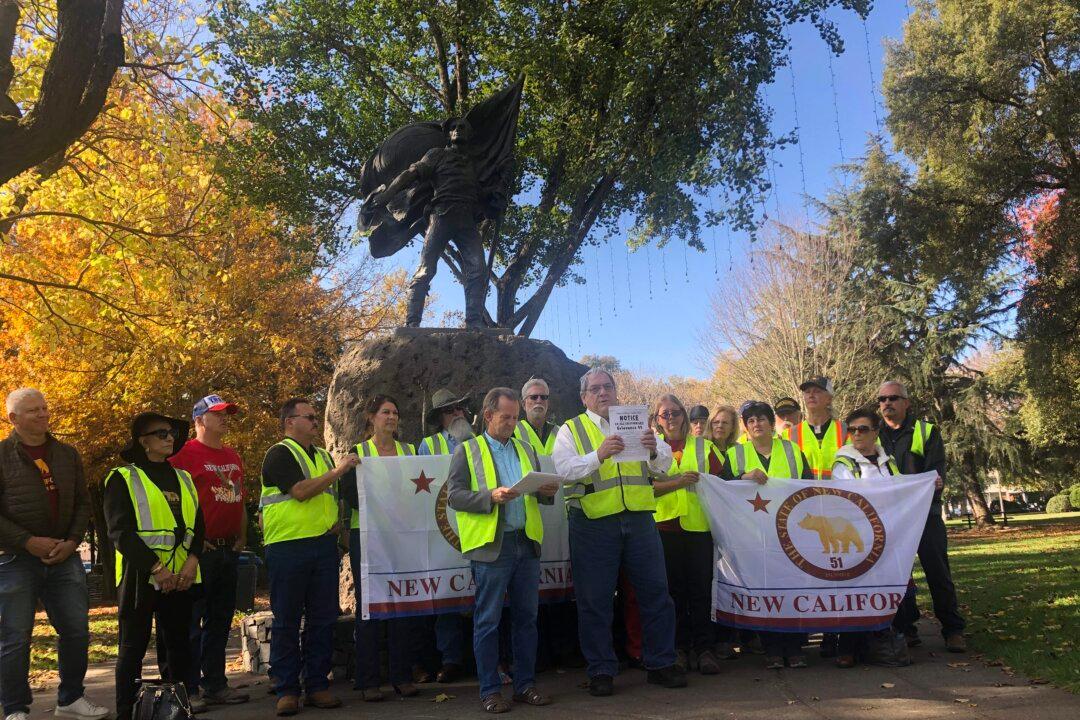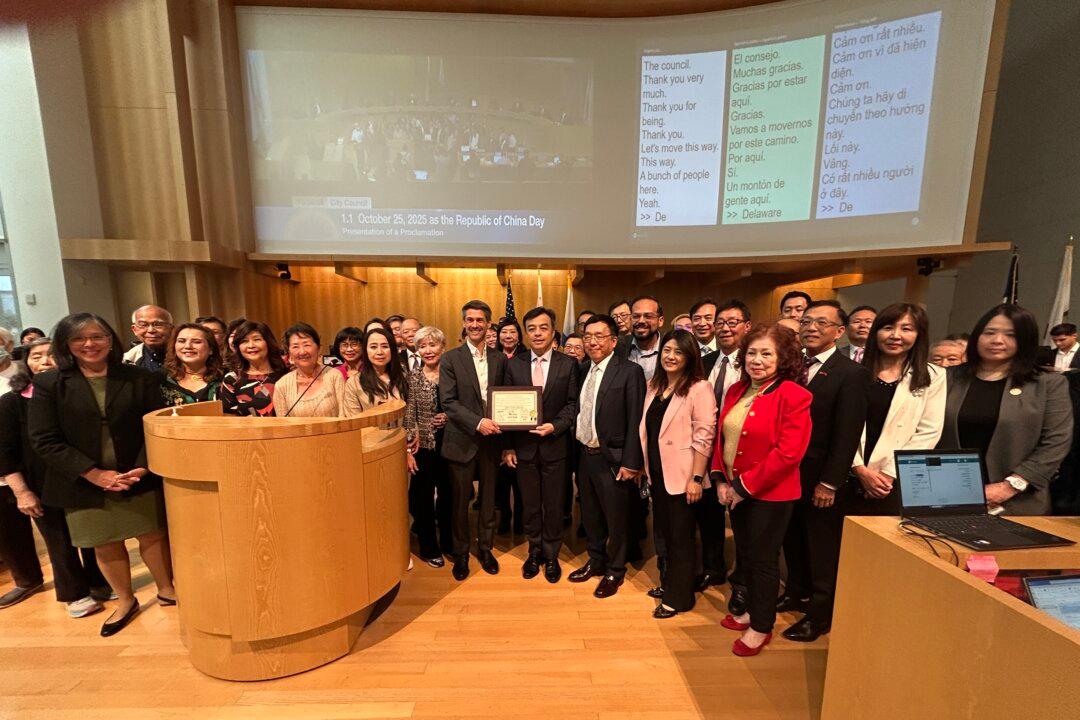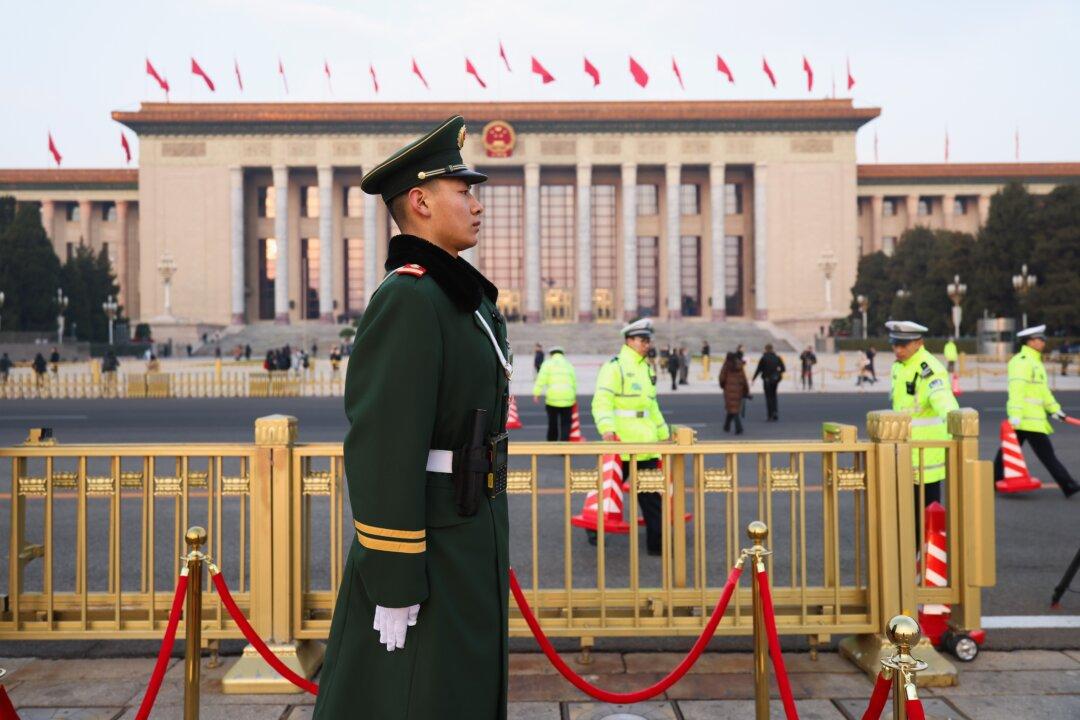SONOMA, Calif.—The New California State movement completed its 96-week-long weekly grievance process on Nov. 19, the 156th anniversary of Abraham Lincoln’s Gettysburg Address.
The New California State movement is a statewide grassroots effort to break away most of California’s rural areas from the current state and to form a new state. So far, representatives from 52 counties in California have joined the movement.





